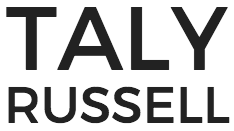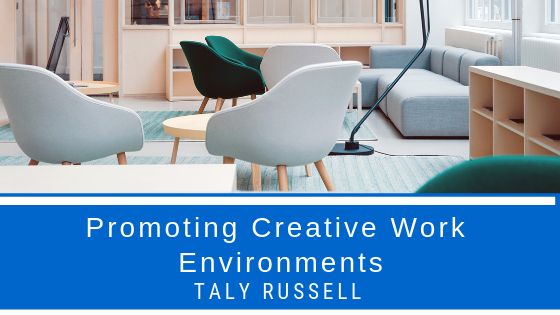When people think of creative jobs, they often think of artistic fields or endeavors. The truth is, however, that creativity is simply the means by which you imagine new solutions to old problems. Creativity is, at heart, nothing more than outside-the-box thinking, which is important in any business or industry. Here are 3 ways to cultivate and promote a creative work environment.
Balance Collaborative Opportunities with Quiet Time
Too much of a good thing generally isn’t good. While remote workers often lose out on the collaborative opportunities afforded in an office, office workers don’t have as much ability to create the same interruption-free zone that remote workers can. Innovation requires a delicate balance of input from others to fuel creativity and quiet time to put all the pieces together. To get the most from employees, businesses have to create an environment where both needs can be met.
Foster Ongoing Learning and Exploration
Some of the most wealthy and successful people in the world would be equally successful at almost any endeavor they undertook. This is because they tend to be passionate learners that learn about everything. Actress Jessica Alba built a consumer goods company into a billion-dollar business and actor Matt Damon is also a world-renowned expert on the global water crisis. Sometimes, learning something completely unrelated to your field can spark inspiration for a totally new advancement. Sending employees to conferences and training programs in their area of expertise is great, but don’t be afraid to send them somewhere to learn about something far out of their field as well, if they are willing.
Cultivate New Ideas
Many businesses think of themselves as being open to new ideas, when in fact they are not. In truth, when anyone brings up a new idea, they are immediately confronted with a laundry list of reasons why it won’t work. Employees need space and resources to try new things and be given a certain amount of latitude to implement new ideas. After all, you never really know what will work (and what won’t) until you try it. Unless you have a formalized system in place of purposefully cultivating new ideas, you are most likely going to just keep right on doing all the same old things you’ve always done.

